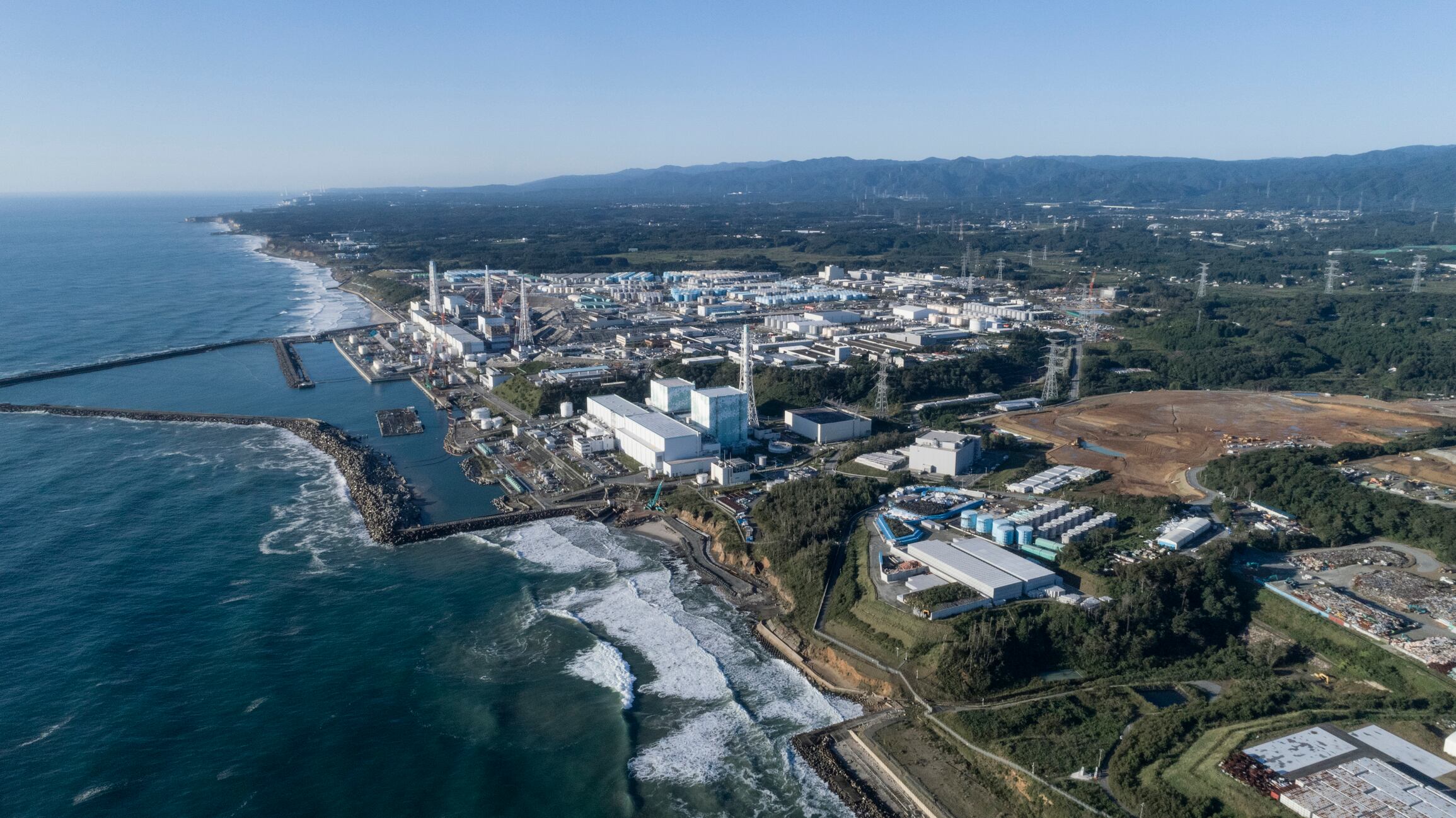Ajinomoto reaffirms 2030 sustainability goals despite CEO shift
Ajinomoto has renewed commitment to its 2030 sustainability strategy despite a sudden change in CEO recently, reinforcing its long-term AminoScience-based green strategy
The Japanese food giant, best-known for the development of monosodium glutamate (MSG), recently experienced a major shake-up to its executive personnel after former Presendent and CEO Taro Fujie resigned for health reasons.
The resignation was an emergency decision as Fujie was diagnosed as requiring significant time for full recovery after a health episode in December 2024, and he voluntarily stepped down in order to minimise the risk of leadership instability in the company early this year.
Sustainable pricing? Japan’s Fair Price Project shows food cost realities
Japan’s Fair Price Project urges consumer empathy and awareness as food producers face rising costs, in hopes of ensuring food supply sustainability
Sustainability is all too often debated from a carbon footprint, environmental or ethical angle – but Japan is dealing with the reality of rising food prices becoming a major challenge to its food security.
According to data from the Ministry of Agriculture, Forestry and Fisheries (MAFF), economic pressures and rising costs are leading to significant uncertainty over the future of the agri-food sector in the country.
“The future of Japanese food is being called into question due to a variety of factors, including the international situation, the long-term depreciation of the yen, environmental concerns, a review of working styles, and issues surrounding successors [to current agri-food businesses,” MAFF said via a formal statement.
Food and drink split on sustainability progress, exclusive survey reveals
Looking back at our Sustainable September initiative, where does the food and drink industry thrive and fall?
Food and drink industry leaders have been candid with their concerns and optimism about the sector’s green and diverse future.
Sustainability heavyweights in manufacturing and ingredients believe the sector is at a critical point where it can progress or backtrack on vital environmental and social equity initiatives.
As part of Sustainable September, readers from across William Reed’s global portfolio of leading food and drink titles were surveyed to reveal their thoughts on the future of the sector.
Bean-free coffee: Prefer partners Ajinomoto, Coffee Ferm for APAC growth
Singapore’s Prefer looks to scale its sustainable bean-free coffee across APAC with partners Ajinomoto and Coffee Ferm
Made from food manufacturing byproducts such as rice and soy, Prefer’s bean-free coffee flavours are developed using a proprietary fermentation and roasting process.
As part of its Asia Pacific expansion plans, Prefer has partnered Ajinomoto Thailand and The Coffee Ferm – an Australian FMCG company – to tap their strong distribution networks.
“We chose Ajinomoto and The Coffee Ferm because our technology complements their strong distribution networks, enabling lower-cost, lower-carbon products for their customers,” said Prefer CEO Jake Berber.
Clean label demand fuelling fruit and vegetable opportunities
The clean label movement is driving fresh ways to use fruits and vegetables in food manufacturing and product innovation
While it is universally known that eating fruits and vegetables is important for human health, new technologies and evolving consumer demands have greatly transformed the use of these in the food industry.
This shift is seeing companies take a view of fruits and vegetables beyond just healthy recipe ingredients, but essential ingredients in the manufacturing of clean label products.
“Clean label is one of the fastest-growing trends we are seeing in the industry today in Thailand, APAC and beyond, and it is fuelling the acceleration of natural products made with not only natural bases but also natural – yet attractive – colours,” SVZ team lead sales APAC Simon Hoogenkamp told us at the recent Fi Asia 2025 show in Bangkok, Thailand.





